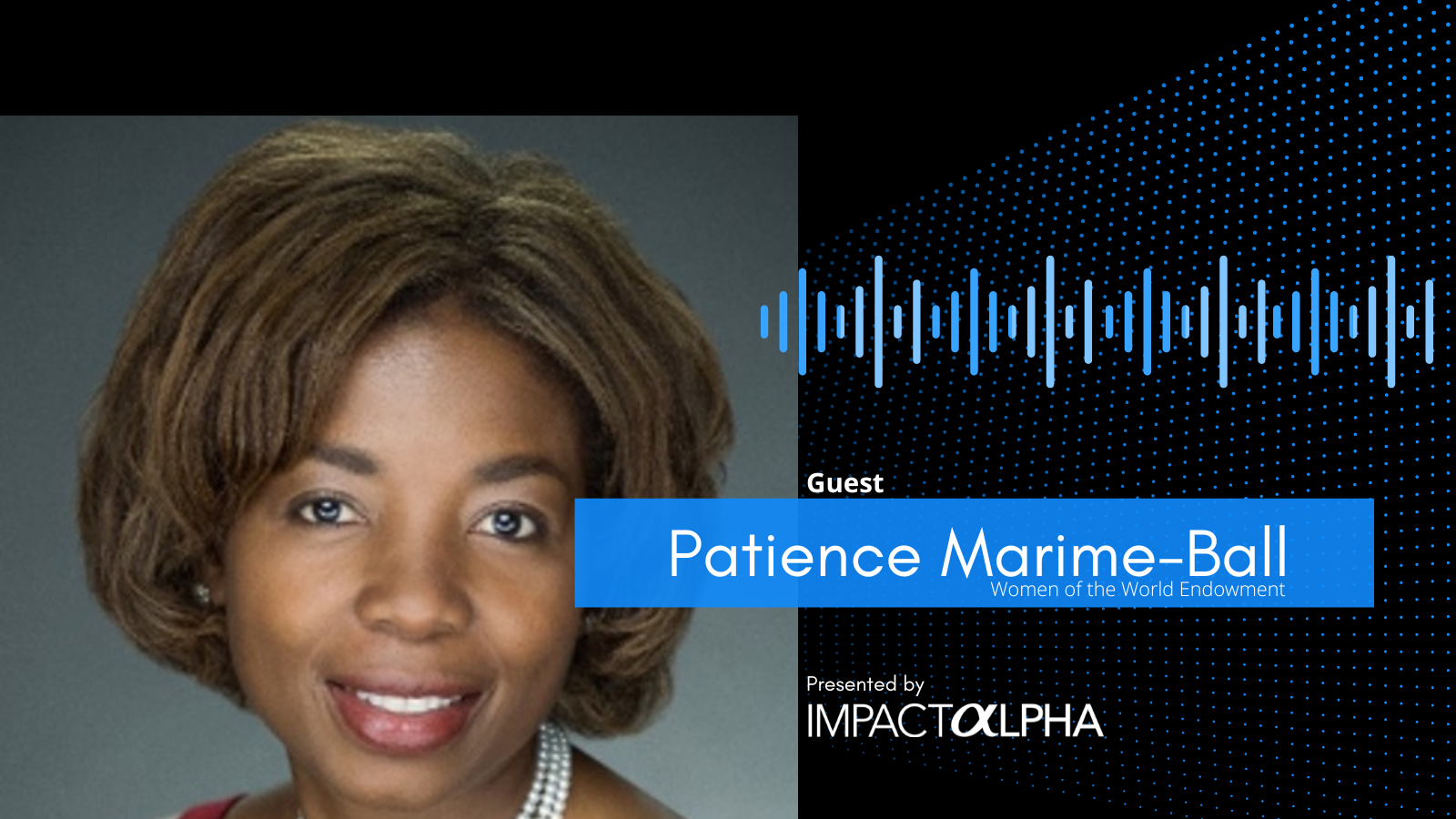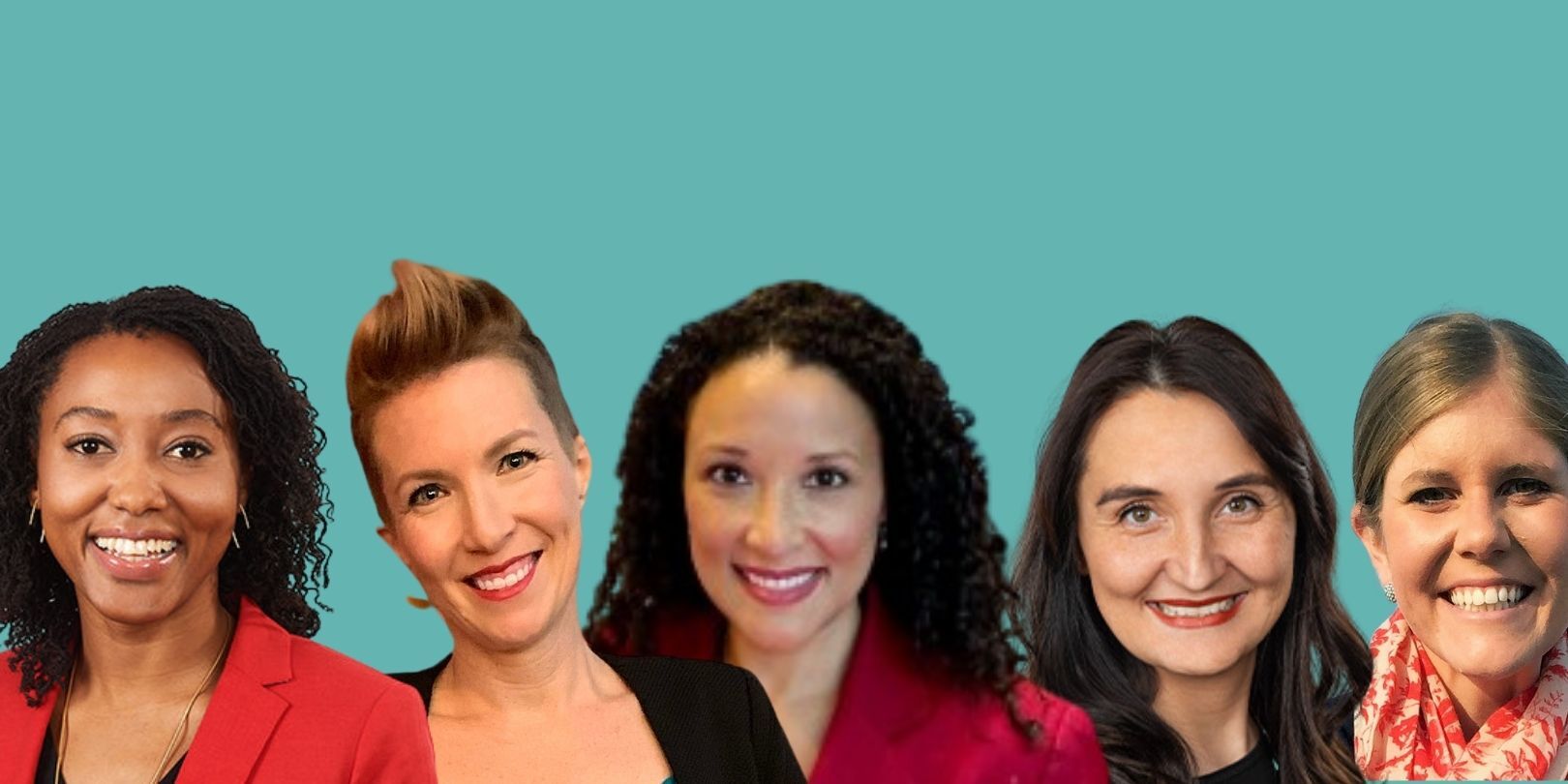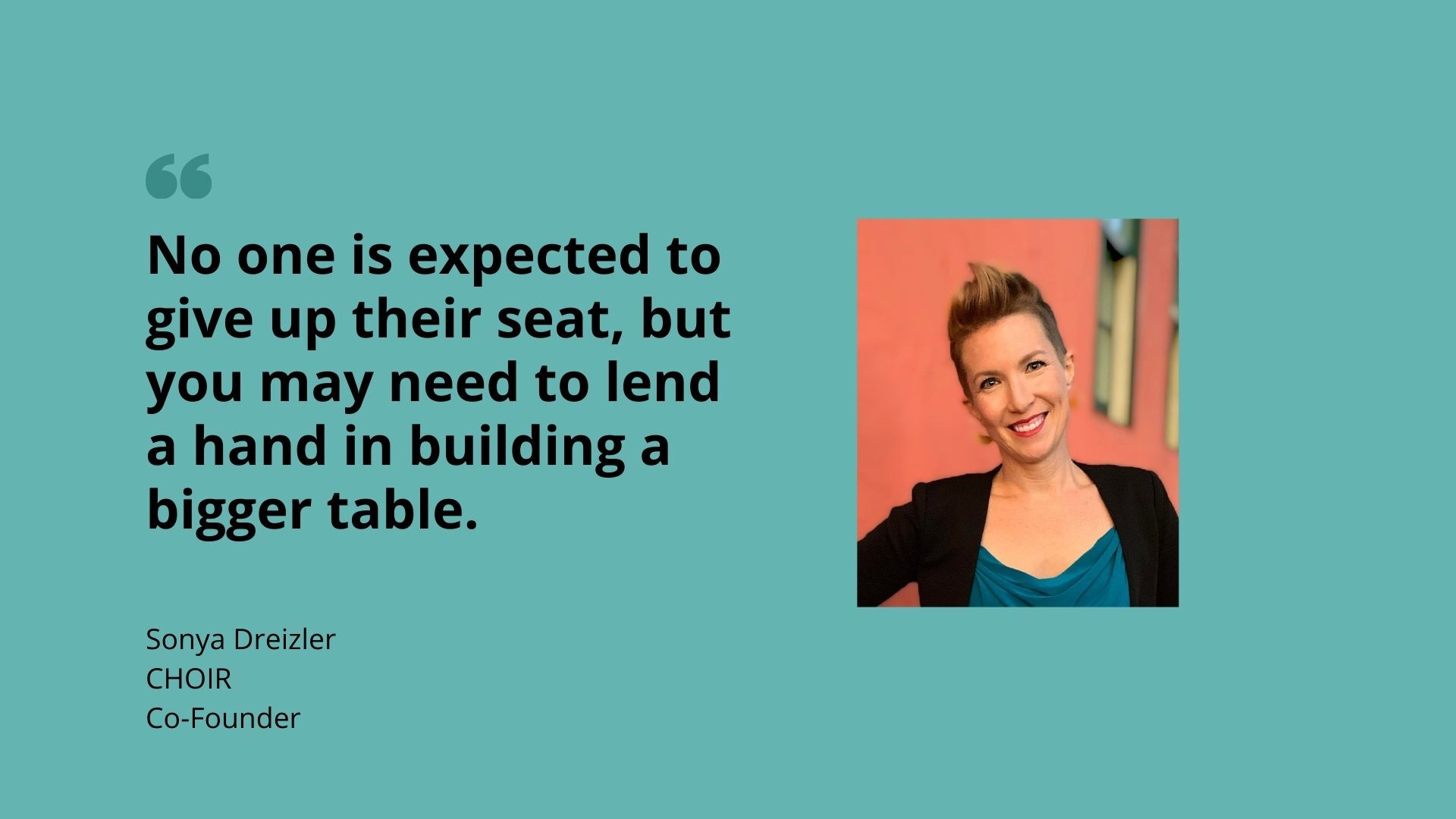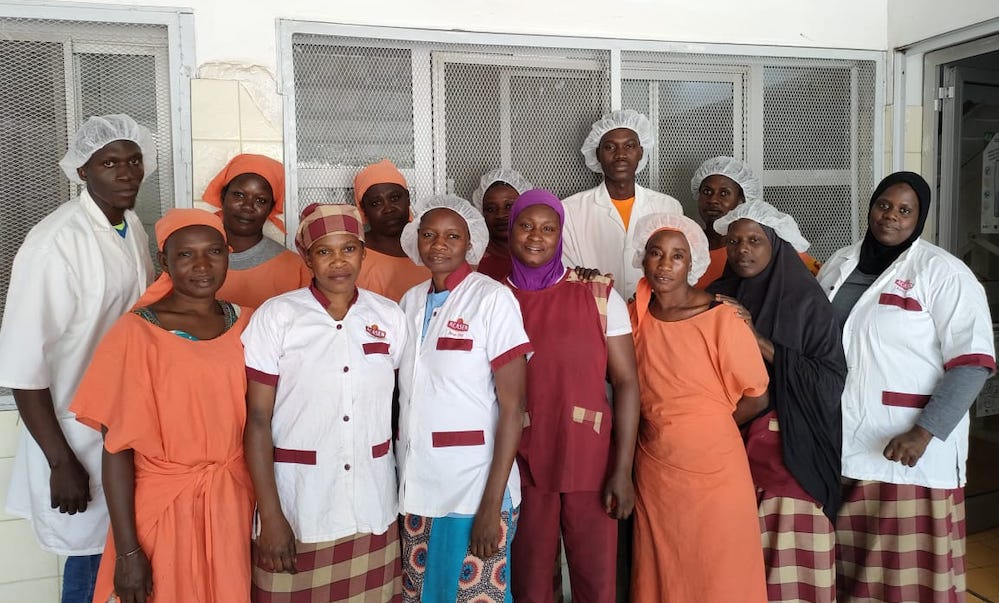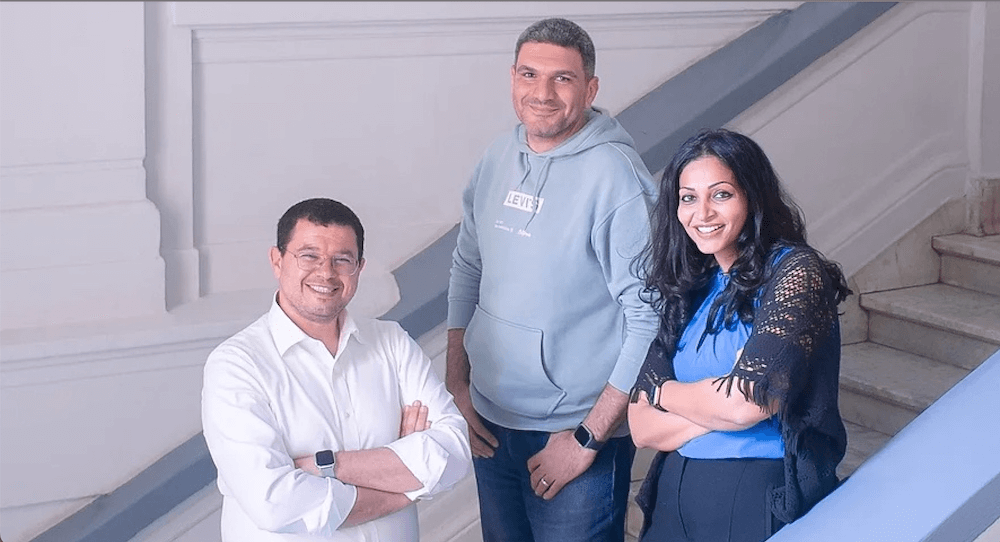At a breakfast meeting in Singapore a few years ago, Patience Marime-Ball and Ruth Shaber were speaking to asset owners and entrepreneurs about centering women as changemakers who drive solutions.
“We noticed that, as we spoke, the women were nodding, and the guys were eating their breakfast,” Marime-Ball told ImpactAlpha’s Monique Aiken on the latest Agents of Impact podcast. “Ruth and I, after that meeting, looked at each other and said, ‘We have to write a book.’”
“How to get to the guys” became the book’s key strategy, she said. “Men still need for us to bring this message to them, this message of missed opportunity.”
Marime-Ball heads the Women of the World Endowment, a nonprofit investment and advisory firm. Shaber founded Tara Health Foundation in 2014 to improve the health and well-being of women and girls in the U.S.
In “The XX Edge: Unlocking Higher Returns and Lower Risk,” out this week, the co-authors make the now-incontrovertible case that women’s underrepresentation in leadership roles across sectors causes negative outcomes throughout society. A 2015 Mckinsey study found that advancing women’s equality could have added $12 trillion to global GDP by 2025.
When women manage investment decisions, says Marime-Ball, funds end up with “differentiated portfolios that are delivering higher returns and likely stronger, positive impact.”
In the financial services industry, all but about 2% of the $110 trillion of assets under management globally are managed by men, “and largely white men,” says Marime-Ball. In the Fortune 500, only 74 companies are led by women, up from 41 last year. Only about 14% of private equity fund managers are women, and less than 3% of venture capital is directed towards enterprises founded or run by women.
The consequences of this disparity for investors are significant. The XX Edge cites studies that show gender-inclusive teams are more likely to outperform all-male teams, as do new companies with female founders. One study showed women-run hedge funds outperformed the average of larger hedge funds by a margin of 6% over a period of almost seven years.
So what is the XX edge? Marime-Ball says their research for the book indicated women “tend to have low ego,” as well as more collaborative, distributed leadership styles and more risk awareness, traditionally called risk-aversion.
“You need leadership that knows how to collaborate across geographies, and across innovations and women, that low ego tends to allow for that,” she said “Risk awareness leads to better due diligence, prioritization of investments, of allocating investments differently, building differentiated portfolios, looking for those opportunities that are not in the mainstream, and that also can generate upside.”
“We noticed in our research [that] women take the long view,” she added. “They tend to prioritize the long view over short term gains. And that too, can have real impact.”
Aiken’s interview with Marime-Ball follows up on their conversation last year on ImpactAlpha’s podcast, The Reconstruction. In the earlier interview they discussed Women of the World Endowment’s vision of narrative change, intersectional thinking and solidarity across movements, and Marime-Ball’s journey to center women in service to the well-being of all.
Marime-Ball, who grew up in Zimbabwe and earned both an MBA and a law degree from Northwestern University, is a veteran of the International Finance Corp.’s Banking on Women initiative, early gender bonds and the Women Entrepreneurs Opportunity Fund. More recently, she has been a venture advisor at Golden Seeds, ATP Fund and other investment firms. Marime Ball continued to invest in gender-diverse teams from her own account after taking an early-retirement offer from the IFC.
Shaber is the founder and president of the Tara Health Foundation, which says it “uses 100% of its capital in creative, collaborative and mission-aligned ways.” The foundation had about $76 million in assets in 2019. Shaber is also the co-founder and board chair of Rhia Ventures, a group of foundations and investors “creating a vibrant, just reproductive and maternal health market in the U.S.” Earlier, Shaber had a 22-year career as an obstetrician and gynecologist.
“Our ideal readers who we hope will read the book and take action are men,” Shaber said in an interview with GenderSmart. “Specifically, a man who works for a mainstream investment bank who wants to do more, who is curious, excited, motivated, ambitious, but has no idea what a gender analysis even is or why it would be important to him.”
The XX Edge is out today from Worth Press, and is distributed by Simon & Schuster.

